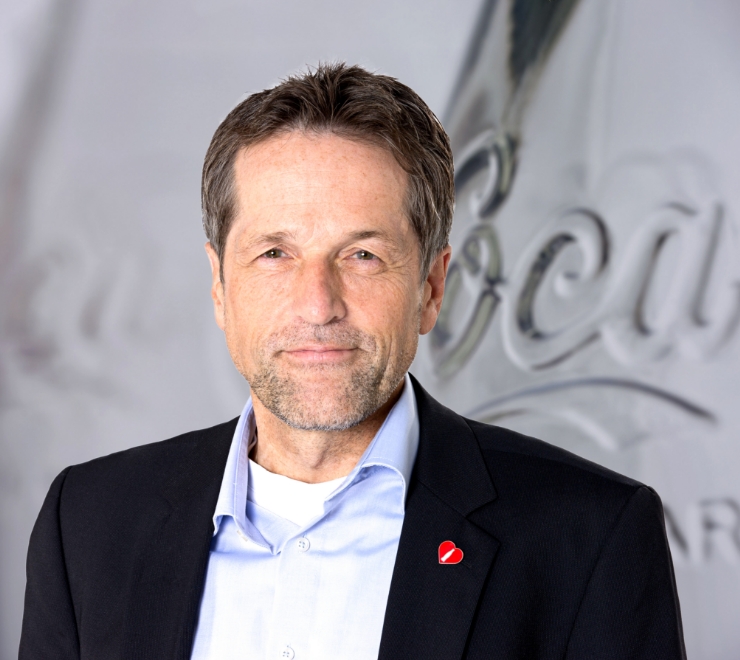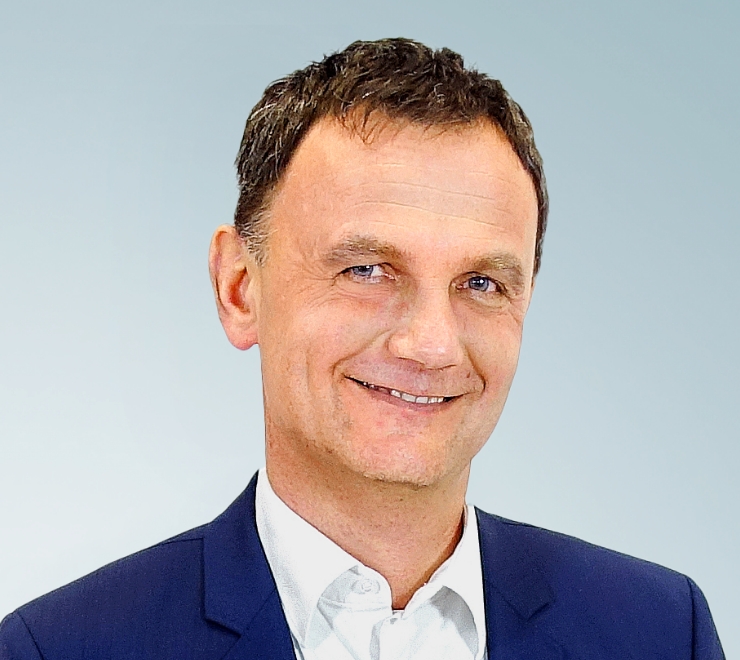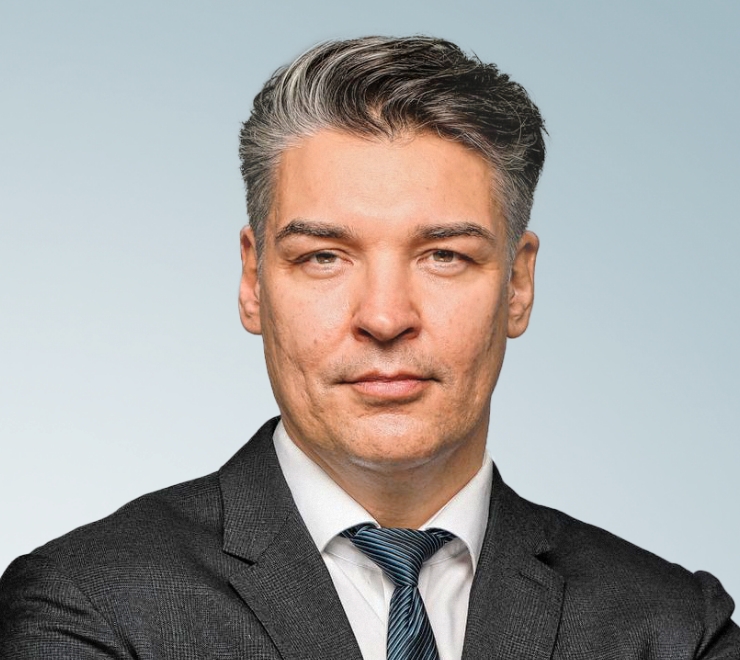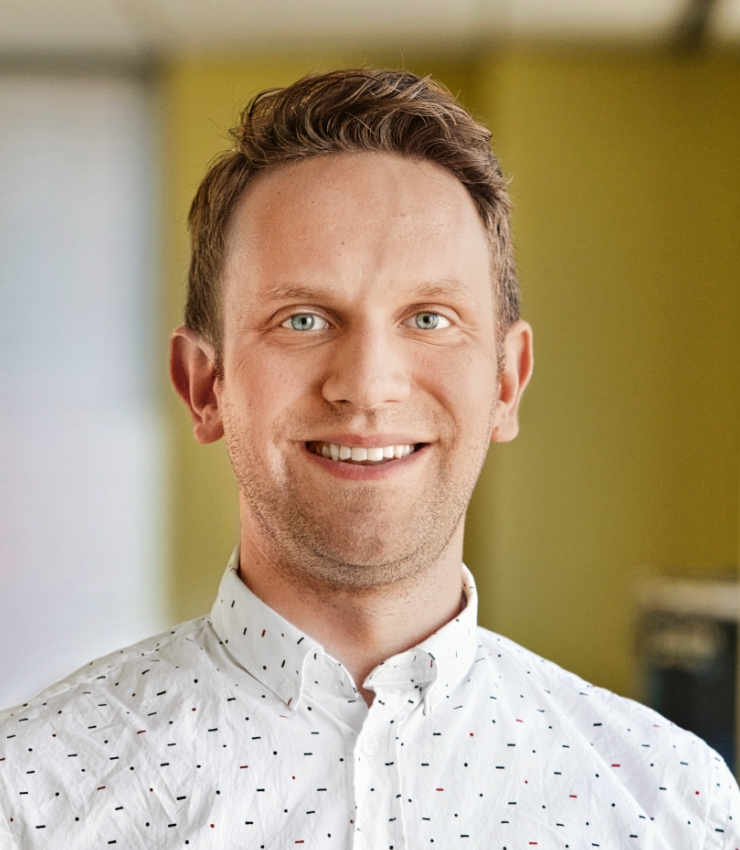Sustainability along the value chain

Focus on materiality:
Responsible sourcing
Symrise can only be as good as its suppliers. Our supply chains are extensive and often begin with small-scale farmers, which makes it all the more important to define the conditions for responsible sourcing.
Strengthening responsibility in the supply chains
Symrise works with more than 5,000 suppliers which provide the company with raw materials and services. It is an enormous challenge to procure these services in a sustainable and fair manner; at the same time, this presents an opportunity for Symrise to reinforce supplier relationships over the long term and to foster partnerships. Symrise has defined the conditions for responsible sourcing in its sourcing policy and its Code of Conduct, which apply to all suppliers. Symrise is also currently working on a Supplier Code of Conduct that will take effect in 2022. For integrating its suppliers in this way, Symrise made it onto the CDP rating’s Supplier Engagement Leaderboard in 2020 for the first time. The Leaderboard is a list of the top performers of the 9,600 companies assessed by CDP. Symrise also established a Responsible Sourcing Steering Committee (RSSC) in 2021 to implement the company’s own due diligence. The decision-making body defines the processes for assessing suppliers and undertaking corresponding measures, as well as for embedding the assessment criteria in the business processes. This not only makes our supply chains more resilient, but also allows us to fulfill the requirements of our stakeholders.
Within sight: 100 % of suppliers with a sustainable rating
Our aim is to make our supply chains more sustainable on a continuous basis – both socially and environmentally. For this reason, we plan to assess the sustainability of all our suppliers (raw materials and services) by 2025. We also aim to increase the number of our suppliers that establish their own environmental goals through the CDP supply chain program, and to achieve 100 % responsible sourcing of strategic agricultural and aquacultural raw materials by 2025.
Symrise joins the AIM-Progress initiative
Symrise has been involved in the European Brands Association’s international AIM-Progress initiative since March 2021, together with other consumer goods manufacturers and suppliers who are dedicated to sustainability and upholding human rights in the supply chain. In addition to Symrise, many other companies including The Coca-Cola Company support the initiative. AIM-Progress provides a forum for exchange, mutual audit recognition, continuing education and networking.
8.8
14.2
15.5
3 questions for Axel Bachmann, General Manager Sustainability CCEP
Coca-Cola Europacific Partners (CCEP) Germany is the Coca-Cola concessionaire responsible for Germany. It sources concentrates from The Coca-Cola Company for the production of soft drinks. Symrise supplies The Coca-Cola Company and is therefore an important partner in the indirect supply chain of CCEP.

What does the end consumer currently demand in terms of sustainability from Coca-Cola – and thus indirectly from Symrise?
While the demand for organically produced ingredients is increasing, consumers also recognize that, in the global demand for certain flavors, a nature-identical flavor can be a much more efficient and positive choice in terms of CO2 emissions. It’s important to remember that no discussion about sustainability is simply black and white.
How is Symrise positioned in the area of responsible sourcing?
There’s a holistic understanding of responsible sourcing at Symrise, which is reflected in processes and projects. I find the company’s dedication to sustainable vanilla cultivation in Madagascar particularly impressive, whereby social and environmental commitment not only complement but define one another.
What topic can Coca-Cola and Symrise promote together?
Our exchange with Symrise on sustainability issues is exemplary. In line with the motto “There’s no such thing as sustainable products; there are only more sustainable products,” we believe that sustainability is a journey on which we can all learn from each other. If someone thinks there’s nothing more they can do, they haven’t fully grasped the issue. We believe that always searching for better concepts and approaches, and incorporating them into our processes, is key to upholding human rights in the supply chain. For this reason, Symrise will always be a partner that we look to.

Focus on materiality:
Climate protection & Emission reduction
Climate change is the challenge of our time and has a direct influence on our core business. It is therefore of vital importance that Symrise contributes to the global climate protection goals by continuously reducing emissions, integrating suppliers into the process and pursuing the goal of becoming a climate-positive company by 2030.
Viewing climate change as an opportunity
Our production is largely based on the processing of natural raw materials, which means Symrise is severely affected by the threat of climate change. Crop losses resulting from water scarcity, flooding and storms have a direct impact on our local partners and can lead to supply shortages and increasing costs for our production. However, this dependence also provides us with opportunities to use our sphere of influence. One example is our SBTi climate protection goal, which also incorporate our primary suppliers. In addition, we rely on innovative products with a reduced carbon footprint, such as alternative proteins. This allows us to meet the increasing demand for sustainably manufactured products, making Symrise particularly attractive to investors who value sustainability.
Step by step: climate-positive starting in 2030
As of 2030, our business activities are expected to contribute to preventing or sequestering more greenhouse gas emissions from the atmosphere than we produce through our operating activities. Measures we will take to accomplish this include increasing the eco-efficiency of our emissions by more than 63 % by 2025 compared to 2016, incorporating our primary suppliers into our climate action plan, and compensating for our residual emissions with climate protection projects.
In 2021, Symrise developed a new Science Based Target aimed at a maximum global warming of 1.5 °C, which meets the highest level of ambition currently possible. The target was approved by the Science Based Targets Initiative in February 2022. Symrise aims to reduce GHG emissions (Scope 1+2) by 80 % by 2028 compared to 2020. Scope 3 emissions from purchased goods and services are to be reduced by 30 % by 2030 compared to 2020.
8.4
8.5
12.4
12.5
13.2
2x2 questions for Dr. Roland Geres and Dr. Alen Sacek
FutureCamp supports Symrise with issues related to climate protection and the CDP rating process in particular. Symrise has repeatedly achieved top CDP positions with A ratings.
What are the challenges and opportunities for Symrise with regard to climate protection?
The consequences of climate change are already perceptible for Symrise. At the same time, as a partner and an important supplier, Symrise can make contributions including helping shape the transformation of the food industry. For example, synthetic menthols can be produced with far fewer emissions than menthols from conventionally cultivated peppermint – though the customers must also accept this. The supply chain offers the greatest potential for Symrise to contribute to climate protection. This is a very good starting point – not least because of the significance of Symrise as a DAX® company – but it is also an obligation.
How do you rate the climate protection goals and measures at Symrise?
First of all, it’s noteworthy that Symrise is consistently rated very well by organizations such as the CDP. Which is not to say that Symrise can rest on its laurels. The company’s goals should be updated with an orientation toward the ambitions of the Paris Agreement. More activity is needed with regard to energy consumption in the plants and also toward suppliers, in order to get more standardized information from the supply chain. The existing goals – particularly those assessed by the SBTi – are a good start, but they need to be implemented and developed on a continuous basis.

FutureCamp
LBBW Asset Management Investmentgesellschaft (LBBW AM) has been investing in sustainable companies since 2006 and values holistic company development with a focus on the ESG profile.
Why is Symrise such a good fit for your portfolio?
Compliance with the UN Global Compact and reducing CO2 intensity are at the heart of our sustainability funds. For us, targeted measures to reduce CO2 emissions along the value chain are more important than the status quo. We think Symrise performs very well in these areas. In addition to regularly assessing external rating agencies, we also compare key measurable ESG data with our own benchmarks, and Symrise performs above average in that area. We also conduct collaborative dialogues with companies through our Active Ownership activities.
What makes Symrise an attractive investment?
Continuity and transparency! Symrise is characterized by a very high degree of transparency in its value chain. It reveals room for improvement in sustainability and, more importantly, introduces measures that can be used to further strengthen sustainability. As a whole, our analyses show that Symrise continues to make progress in improving its sustainability profile in terms of its products and operations, and throughout the value chain. Though of course, no global company is “perfectly sustainable.” Impact investing will become increasingly important for companies like Symrise, so that Symrise should not only further reduce CO2 but also expand measurement of the social impact of its business activities.

ESG / Engagement Officer LBBW AM

Focus on materiality:
Responsible use of raw materials
Natural raw materials form the primary basis of our products, but are usually only available in limited quantities. For this reason, we attach particular importance to using resources carefully and efficiently and to avoiding food losses. We manage this and contribute to the fight against food waste by means of the circular use of our raw materials and the innovative use of byproducts.
From byproduct to raw material source
For a global production company like Symrise, using resources efficiently and increasing the use of previously unused raw materials in food production can pose a major challenge. At the same time, this is key to the company’s long-term profitability and innovative power. Products that are made from natural renewable raw materials and come from byproducts have always been an important starting point for our production, so that we view backward integration and product innovations as an opportunity to make unused resources reusable. One example is the new lily of the valley fragrance Lilybelle®, which Symrise produces using byproducts from the orange juice industry. The scent is thus made from 83 % renewable raw materials.
Responsible use of raw materials
Our goal is to achieve sustainable sourcing of all strategic biological raw materials by 2025. We’re also looking to further reduce our waste volumes. In accordance with SDG 12.3, food waste is to be reduced by 50 % in the Taste, Nutrition & Health segment, and sensitive waste efficiency will be increased by 4 % per year by 2025. Backward integration is also an important approach to the minimization of our consumption of raw materials. This also means that we need to more intensively monitor consumption along our supply chains.
Symrise is committed to making food systems more sustainable and increases the accountability of suppliers
Symrise joined in the Business Declaration for Food System Transformation in 2021. With this declaration, companies support the call of the UN Food System Summit 2021 to work together to make food systems sustainable. These companies campaign for food systems that ensure balanced nutrition for all people, enable farmers to earn fair wages and contribute to protecting the environment and climate. Symrise has also joined the 10x20x30 initiative. With this, more than ten of the world’s largest food retailers and providers have combined forces to each obligate at least 20 suppliers to reduce their food losses and waste by half by 2030.
8.4
8.5
8.8
12.3
12.4
12.5
13.2
14.2
15.5
3 questions for Brian Lipinski, Associate in the World Resources Institute (WRI) Food Program
Founded in 1982, the World Resources Institute (WRI) is a global nonprofit organization dedicated to sustainable development and resource-efficient, environmental methods. It works with governments, companies and civil society to research, develop and implement practical solutions.
What responsibility does Symrise have in terms of global food waste?
Reducing food losses is about more than just fulfilling a responsibility. For companies like Symrise, reducing food losses within the company offers a great opportunity. Symrise realized this and became involved in the 10x20x30 initiative. The members have dedicated themselves to the “Target Measure Act” approach, which aims to reduce food losses and waste by 50 %. They measure and publish food loss quantities at the company and initiate countermeasures. This is a courageous move that benefits not only the companies themselves but also the environment and society.
Around 12 % of all food waste in Germany is incurred in pre-production in the food industry. What can Symrise do about that?
Symrise can act as a good role model and encourage its partners in the supply chain to adopt the “Target Measure Act” approach. When other companies see Symrise introducing measures, they will realize that loss and waste are a serious problem in our food system and will hopefully join the fight.
What can each of us do so that we throw away less food?
We can all do more by taking a good look at our eating habits, such as how we purchase, prepare and consume food. Few people are aware of how food is produced today or what happens to it when it’s thrown away.
